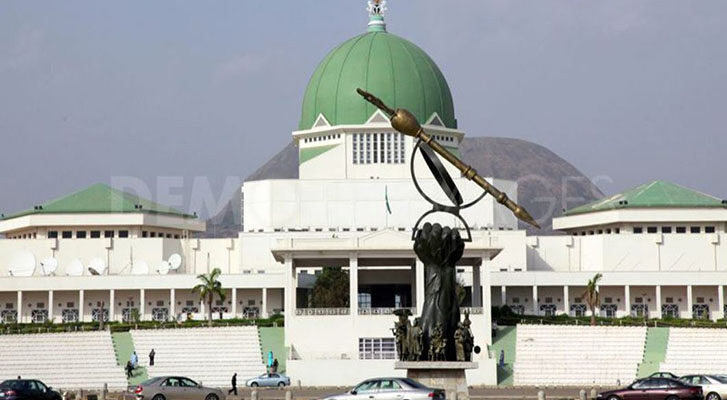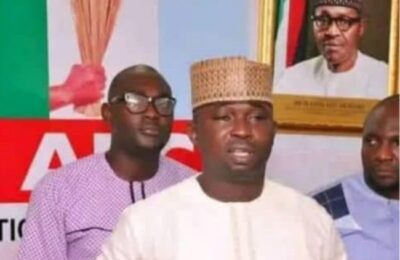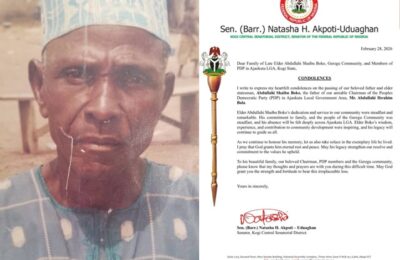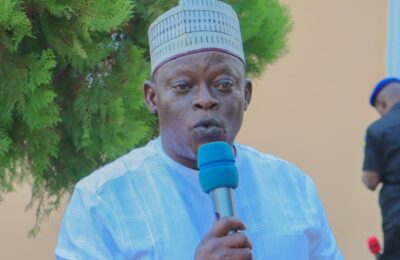In any democratic country, the concept of separation of powers plays a crucial role in ensuring a fair and balanced governance system. The three arms of government – the legislative, executive, and judiciary – are expected to function independently without any interference from one another.
However, to truly achieve this independence, it is essential that each arm has its own autonomous financial resources. Without this autonomy, there is a risk of political influence seeping into the operations of these arms of government, compromising the principles of separation of powers.
The requirement for autonomous independent arms of government goes beyond just theoretical principles. It is a practical necessity for the smooth functioning of a democratic society. In the absence of independent financial resources, the arms of government become reliant on the executive for funding their operations. This creates a power dynamic where the executive holds the purse strings, exerting undue influence on the other branches of government. This can lead to compromised decision-making and undermine the democratic principles of checks and balances.
To understand why autonomous independent arms of government are crucial, it is essential to first understand the roles and responsibilities of each arm. The legislative branch is responsible for making laws and representing the interests of the people. The executive branch is responsible for implementing these laws and managing the day-to-day affairs of the country. The judiciary is responsible for interpreting and upholding the laws. Each arm plays a distinct and vital role in maintaining the balance of power in a democratic society.
For these arms to effectively carry out their responsibilities, they must have the financial resources to do so autonomously. This means having their own budget and being able to manage it without interference from the executive. It also includes the ability to raise revenue through taxes or other means, without relying on the executive for funding. This financial autonomy allows each arm to operate independently, without fear of repercussions or external pressure.
Moreover, the financial resources of the arms of government must be adequate and secure. They must have enough funds to carry out their duties effectively without being hindered by budget constraints. This will also prevent the need for accepting external funding or donations, which can potentially compromise their independence. Additionally, these financial resources must be protected and not subject to sudden cuts or reallocations by the executive, which can severely impact the operations of the other arms of government.
To achieve true autonomy, there are certain requirements that must be met by all arms of government. Firstly, they must have a clear and transparent budgeting process, where the decisions are made independently and without interference from external parties. This will ensure that the budget reflects the needs and priorities of each arm of government. Additionally, the arms must have a system in place to manage their finances efficiently and effectively, ensuring accountability and transparency.
Furthermore, there must be a legal framework in place to protect the financial autonomy of the arms of government. This could include legislation that guarantees their independence and prohibits any interference from the executive in their budgeting and financial management. This legal protection also ensures that the arms of government have the power to hold the executive accountable for any attempts to undermine their financial independence.
In conclusion, the separation of powers within a government is a crucial aspect of a democratic society. However, for this separation to be truly effective, each arm must have its own autonomous financial resources. This will ensure that the arms of government can function independently without succumbing to political pressures or external influences.
– Benjamin Ibrahim, a Retired Permanent Secretary, writes from Lokoja.




